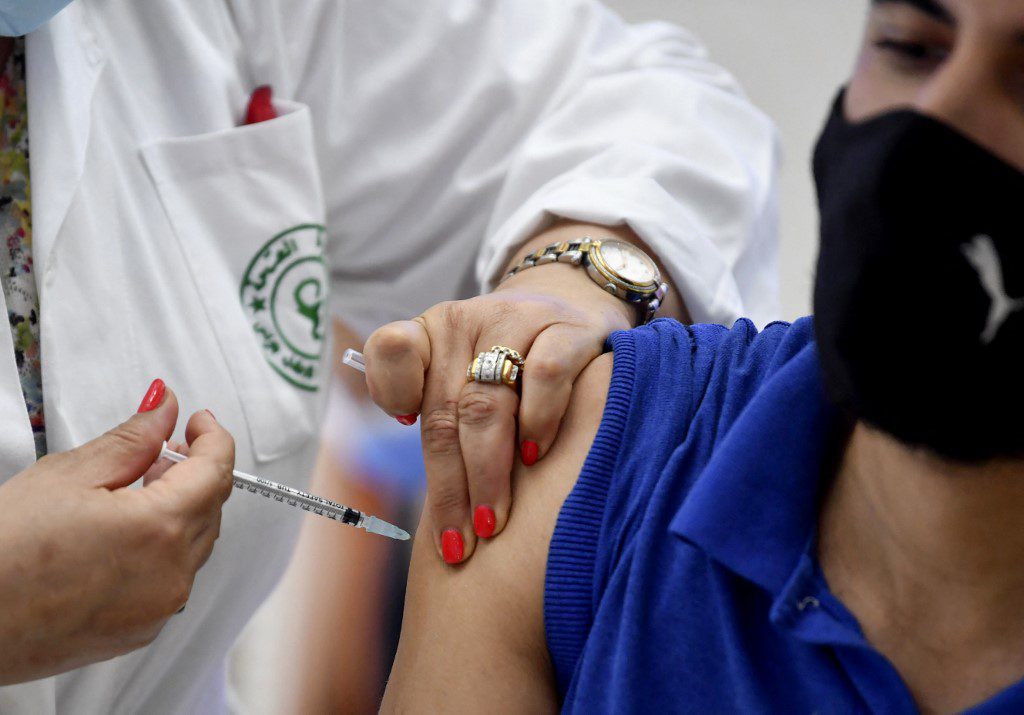
Hakim Marzouki
The majority of Tunisia and the Arab world do not take the warnings of the Covid-19 pandemic seriously. These people mock the awareness and rationalization campaigns carried out by the media.
This collective recklessness is more dangerous than the Covid-19 pandemic itself because it spreads between people through social media networks faster than the spread of the virus itself. It also creates a kind of collective resistance that makes everyone shield themselves with waves of ridicule and recklessness. They also are challenging it, thinking that they are challenging the government itself.
The reasons behind this strange intransigence and rampant stubbornness are many and varied. They can be social, cultural, economic, and political categories.
All Arab peoples have lost confidence in their countries and governments. These people live according to a rule: “Do not listen. Do not act on the advice of an elusive thief.” As stated in proverbs, the thief is the only one who wishes you a restful sleep. By this, he can rob you effortlessly and safely.
The simple citizen invokes the conspiracy theory to prove to himself the lies of governments and the falseness of their claim that they are keen on his well-being. If the government called him to take the necessary measures and adhere to health protocols, some would say that the government is seeking benefit from selling masks, sterilizers, and disinfectants.
If the Arab governments take measures related to quarantine and banned movement between cities, some will say that governments seek to starve poor and weak citizens. If governments ease regulations a little and took limited measures, the conspiracy theorists would say that they are working to enable their businessmen and broker allies to import, supply, and facilitate the movement of sales at the expense of the health and safety of the helpless citizens.
The delay in importing vaccines was a problem that caused an uproar, accusing governments of disregarding their people or of favouritism in distributing vaccinations. However, when governments accelerate importing and diversifying vaccines, criticism revolved around suspicious deals in secret rooms.
The pandemic has recently been about to get out of control in many Tunisian cities. All of those who used to be reckless with health protocols are currently raising their voices. They curse their governments and holding them accountable for all the causes of this pandemic.
A famous Arab proverb says: “O bald person, we are confused about where we want to kiss you.” This proverb includes some bullying against hairless people. Nevertheless, it reflects the surrealism of the relationship between the Arab citizens and their governments.
The most surreal of all of this is the continuation of laughter, ridicule, and jokes about Covid-19. We do all of that while being drowning.
The founder of sociology was the Tunisian Ibn Khaldun, who lived in the 14th century. One time he said: “When you find people laughing during disasters, you have to know that poverty prevails. In such a situation, people would be reckless. They would be enslaved and humiliated. They would be like someone taken to death while being drunk.”
Arab governments, in turn, bear a large share of the responsibility. It is a crisis of trust between these peoples and their states, and I think it will continue even after the end of Covid-19.
DISCLAIMER
The opinions expressed in this publication are those of our bloggers. They do not purport to reflect the opinions or views of Fanack or its Board of Editors.


